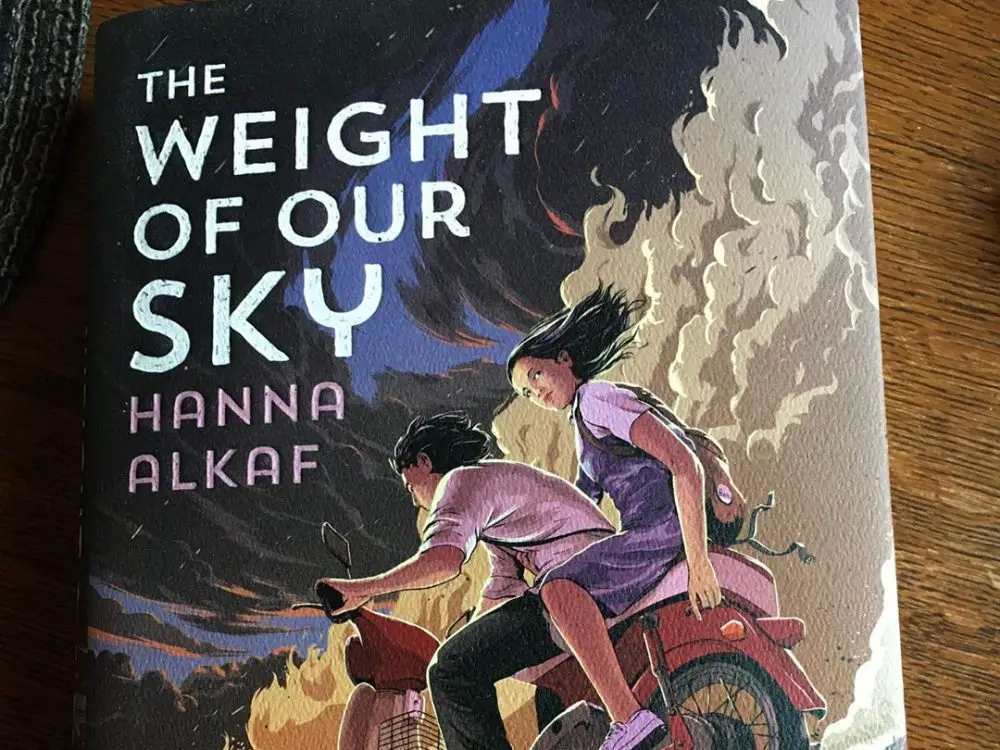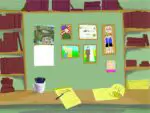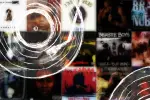Nowadays, the trend in film and literature is to mix fiction with real world problems and/or actual tragedies. The webtoon “The Weight of Our Sky” is no different, vividly narrating one of Malaysia’s darkest moments in modern history.
Written by Malaysian author Hanna Alkaf, “The Weight of Our Sky” is a young adult novel that tells the story of a 16-year-old girl named Melati Ahmad, who survives the 1969 Kuala Lumpur race riots that separated her from her mother — her only family member. Months after its release, the novel was adapted to a webtoon series. The digital comic has released over 30 episodes so far and is expected to end after 60 to 70 episodes.
https://www.instagram.com/p/B8DKOWHgoFQ/
“The Weight of Our Sky” depicts the horror of Malaysia’s 13 May incident through the eyes of Melati, a Malay teenager dealing with OCD after the loss of her dad during similar race riots a few years prior. During the fateful events in May, Melati finds herself stuck between the Malays and the Chinese, until she is rescued by a Chinese family and inevitably separated from her mother. Preoccupied by the voices in her head, Melati struggles to face the anxiety of not knowing if her mom is safe and whether she will ever get out of the crisis alive.
Using the point of view of Melati, “The Weight of Our Sky” deals with two societal problems: systematic racism and mental illness.
The notorious riot from over five decades ago scarred Malaysia; it was the culmination of the racial tensions between the country’s Malay and ethnic Chinese populations, ultimately resulting in the deaths of hundreds of people and destroying parts of Kuala Lumpur. The tensions had been enflamed after the Chinese-majority opposition party gained a significant number of votes in the 1969 general election. In the aftermath, the party supporters held victory parades where they allegedly “hurled racist jibes against Malays.” Provoked by the opposition, the ruling party’s youth wing, United Malays National Organization (UMNO Youth), held a similar parade, which eventually led to the city in flames and the people drowned in blood.
“The Weight of Our Sky” approaches the historical event differently than the history books. The plot focuses on how both groups are victims of the system that highlighted their differences and spread them further apart.
The crimes of the Malays stemmed, in part, from an unequal society that left most of their population in poverty compared to their Chinese counterparts, while the ethnic Chinese were victims of a system that made them feel like perpetual foreigners.
The plot of “The Weight of Our Sky” embodies a racist system; each ethnic group was initially friendly toward the other, but political differences led to racial tensions that led to a bloodbath.
The webcomic illustrates the horrifying incidents seamlessly. The thrilling mood is represented by dark shadows and backdrops, focusing on Melati’s distressed expressions as she stutters with her words and steps. The illustrators, Nisrina A. N. and her team, often highlight certain objects to build up unpleasant feelings for the readers, such as the orange-tinted fire that burns down the shops, the reddish-brown blood of bystanders or the shiny reflection of the guns.
The scenes of the riots are drawn almost photo-realistically with accurate depictions of clothing, weapons, place names and architecture. One of the illustrators, Nurel, said, “This webcomic required lots of details of buildings and home interiors. An in-depth study and references were needed before deciding the colors. Colors also played an important role in portraying the mood in this webcomic.” Since Alkaf was so determined to get the details right in the original novel, it’s important for the comic illustrators to also be spot-on with their illustrations. To get the information, they thoroughly investigated what 1969 Kuala Lumpur looked like, what people wore and how they lived.
“The Weight of Our Sky” also pays careful attention to its depiction of mental disorders. Melati is shown to suffer from OCD after the traumatizing loss of her father. To deal with the grief of her dad’s death and the possibility of losing her mother as well, Melati becomes fixated with numbers and tapping away her anxious thoughts. In the story, the voices in her head are illustrated as djinn, an evil spirit who possesses humans. The djinn is pictured as a dark ghost that continuously threatens Melati and keeps its claws on her shoulder as if it is about to strangle her.
According to Alkaf, the djinn embodies the crossover between mental illness and faith. Having written a book about mental illness in Malaysia, Alkaf wanted to display how mental disorders are still believed to be the work of Satan — and remain largely undiscussed. It’s not a wonder in Malaysian society that Melati and her family members assume her condition is influenced by the devil.
The issues of both systematic racism and misunderstanding mental disorders are not specific only to Malaysian society. Although the tragic incident happened in Malaysia, people of other countries and cultures can still relate to Melati because her fight is one that transcends national borders.
Racism happens everywhere and anywhere. Even in the middle of a global pandemic, a crisis that knows no bounds, some people manage to find ways to blame it on certain groups of people and use this as an excuse to commit violence. The pandemic has no limit, but neither does xenophobia.
Similarly, in many societies, mental illness is not talked about enough. Sometimes, when a teenager talks about their feelings like having anxiety or depression, they are met with criticisms for “complaining too much” or “not knowing what the REAL problems are like.” Mental disorders are still largely misunderstood. Nowadays, young adults go to social media platforms like TikTok to seek solace as well as raise awareness regarding their battles with mental illnesses.
Hanna Alkaf’s “The Weight of Our Sky,” both the novel and digital comic, is a powerful literary work because it tells a tragic historical narrative while also touching upon “newer” concerns for Gen Z, like battling anxiety disorder and OCD. By not pretending to be a lighthearted story for teenagers, “The Weight of Our Sky” genuinely educates people of ever relevant social problems.

















